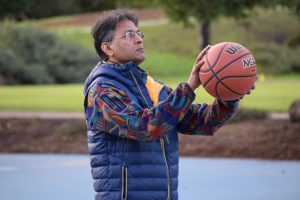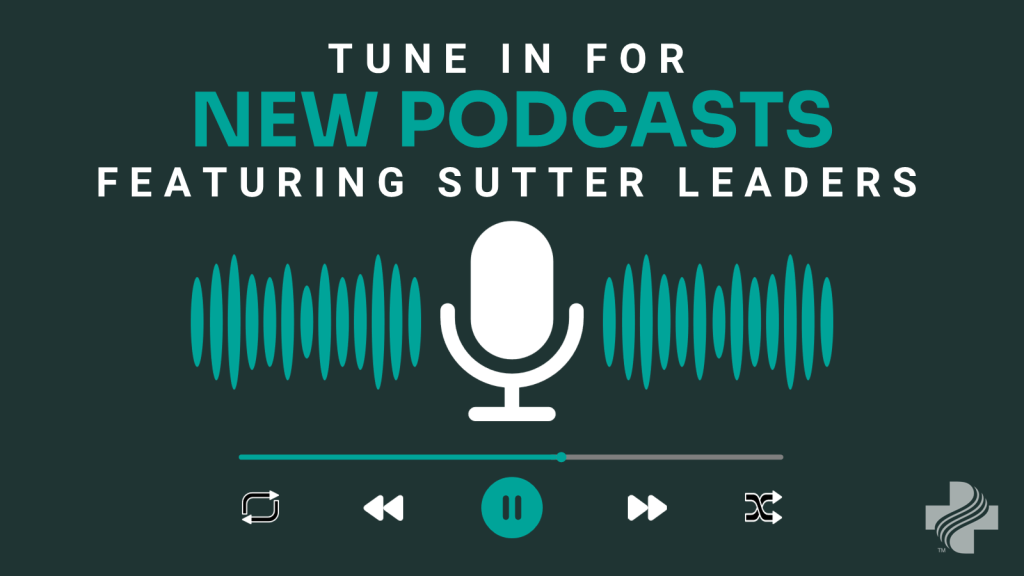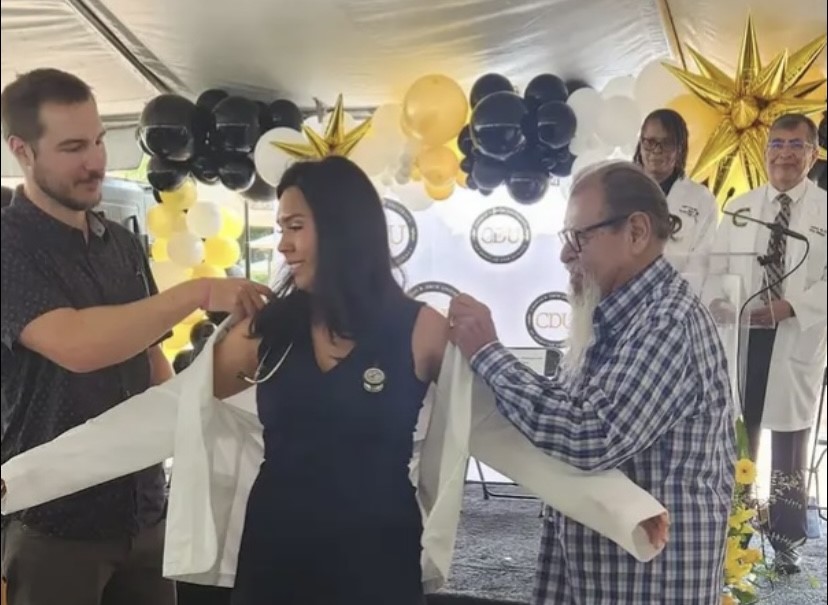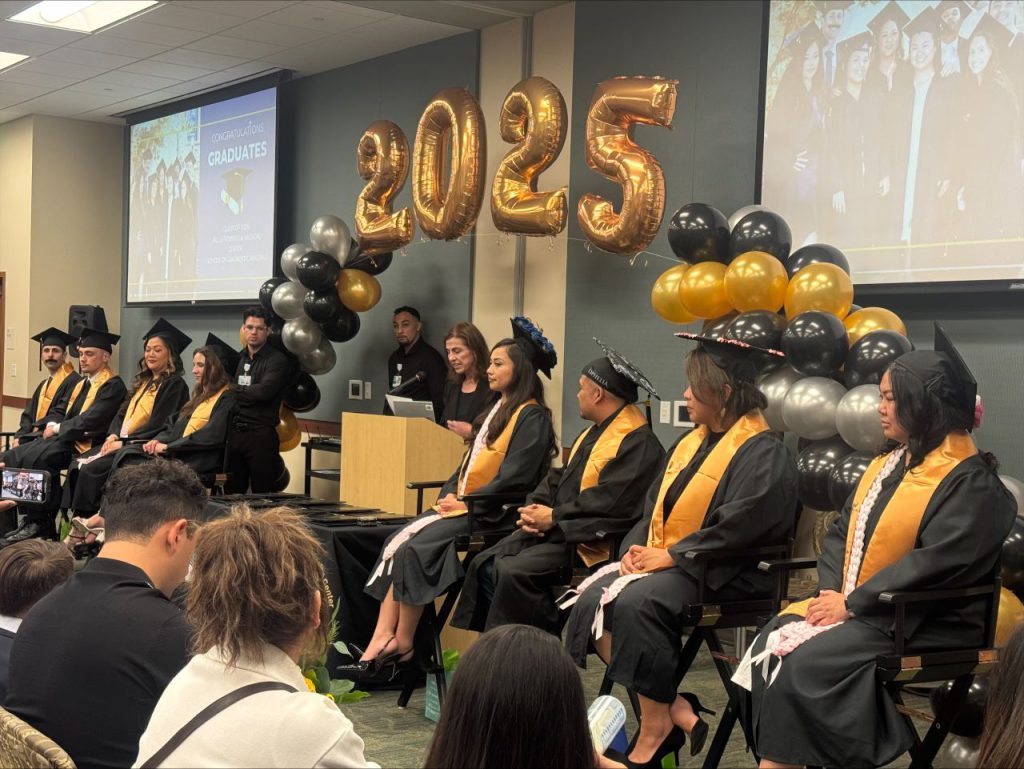By Karin Fleming, Vitals contributor
Every second counts to prevent long-term disability or death from a stroke.
In 2019, Sutter patient and San Carlos, Calif., resident Ram Madduluri came to know the urgency of this ticking clock when his stroke was treated on a specially equipped ambulance — a “stroke center on wheels” known as a Mobile Stroke Unit.
An active 59-year-old, Madduluri was at work when he began to experience a very sore throat.
“So I went to my manager and told him I wasn’t feeling well, that I was going to go home,” says Madduluri. “Unbeknownst to me, I was struggling to talk, slurring my speech, and my boss said, ‘You don’t look right.’”
Ram’s manager called 911, an ambulance was dispatched immediately from the Foster City Fire Department, and the Mobile Stroke Unit was activated moments later.
The stroke team on the Mobile Unit, which included experts from Sutter’s Mills-Peninsula Medical Center, quickly did a CT scan and determined Madduluri was experiencing an acute ischemic stroke which required treatment with the clot-busting drug tissue plasminogen activator, known as tPA.
“Ram received tPA in about 37 minutes from the time of the 911 call, well within the golden hour of effective stroke treatment,” says Dr. Ilana Spokoyny, a neurologist who cares for patients at Mills-Peninsula. “He made a full recovery after observation in the ICU for 24 hours.”
Flash Forward: New Advances in Stroke Care and Research at Sutter
Today, stroke professionals at Mills-Peninsula regularly run a race against time on Sutter’s Mobile Stroke Unit.
The Mobile Stroke Unit program was part of a national clinical trial called BEST-MSU, which has revealed just how effective and cost-effective these mobile units are in preventing long-term disability in stroke survivors. The BEST-MSU clinical trial is the first randomized study to track patient disability and healthcare utilization for one year following stroke.
“With the Sutter Mobile Stroke Unit being the first and only one in Northern California and the only community hospital participating in the BEST-MSU trial, our team is helping pioneer the future of acute stroke care and advanced out-of-hospital approaches to triage,” says Dr. Spokoyny, who serves as Clinical and Research Director of Sutter’s Mobile Stroke Unit program.
Since Madduluri’s recovery, advances in stroke treatment have ushered in new therapies, such as the clot-busting drug tenecteplase (or TNK) that may be given easier and more quickly to individuals experiencing an acute ischemic stroke, including people in rural or remote communities who need rapid transfer to hospitals with specialized stroke services.
“I survived my stroke free from disability because of Sutter’s Mobile Stroke Unit and its dedicated staff,” reflects Madduluri. “Knowing that such a resource exists only in San Mateo County in the San Francisco Bay Area, we packed up and moved there within two months of my stroke. Thinking back on my experience, I realize how important it is to ‘BE FAST,’ recognize and act upon the warning signs of stroke.”






